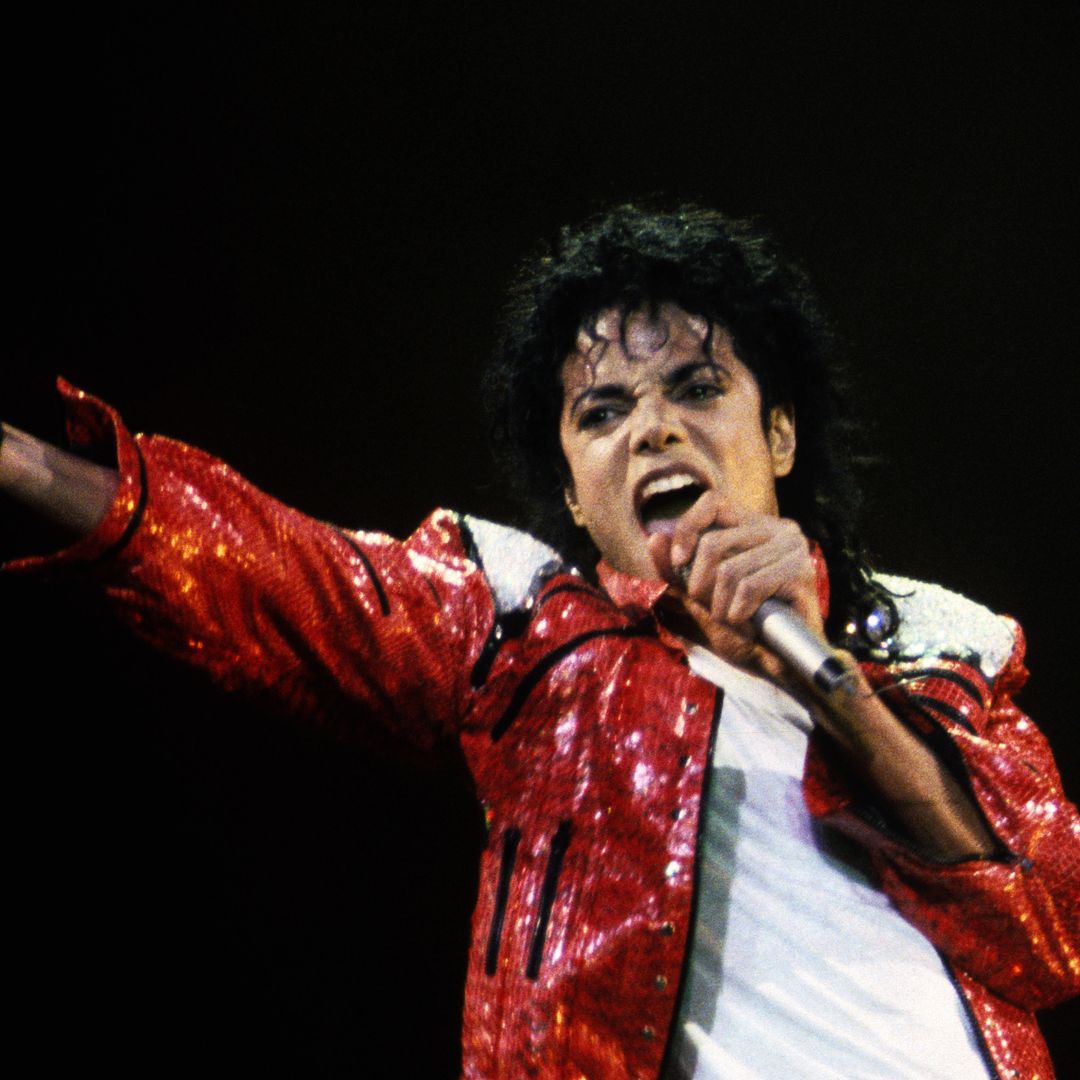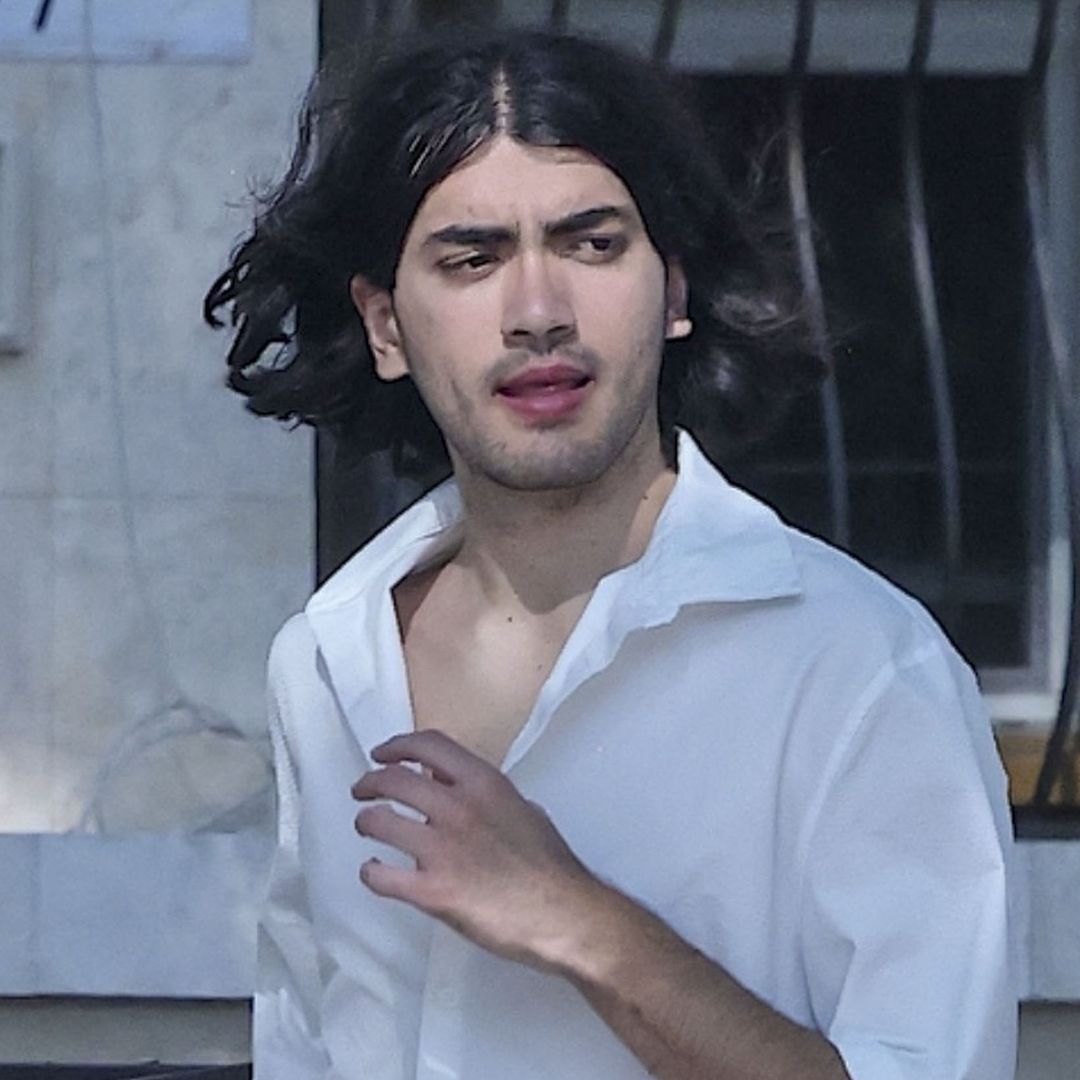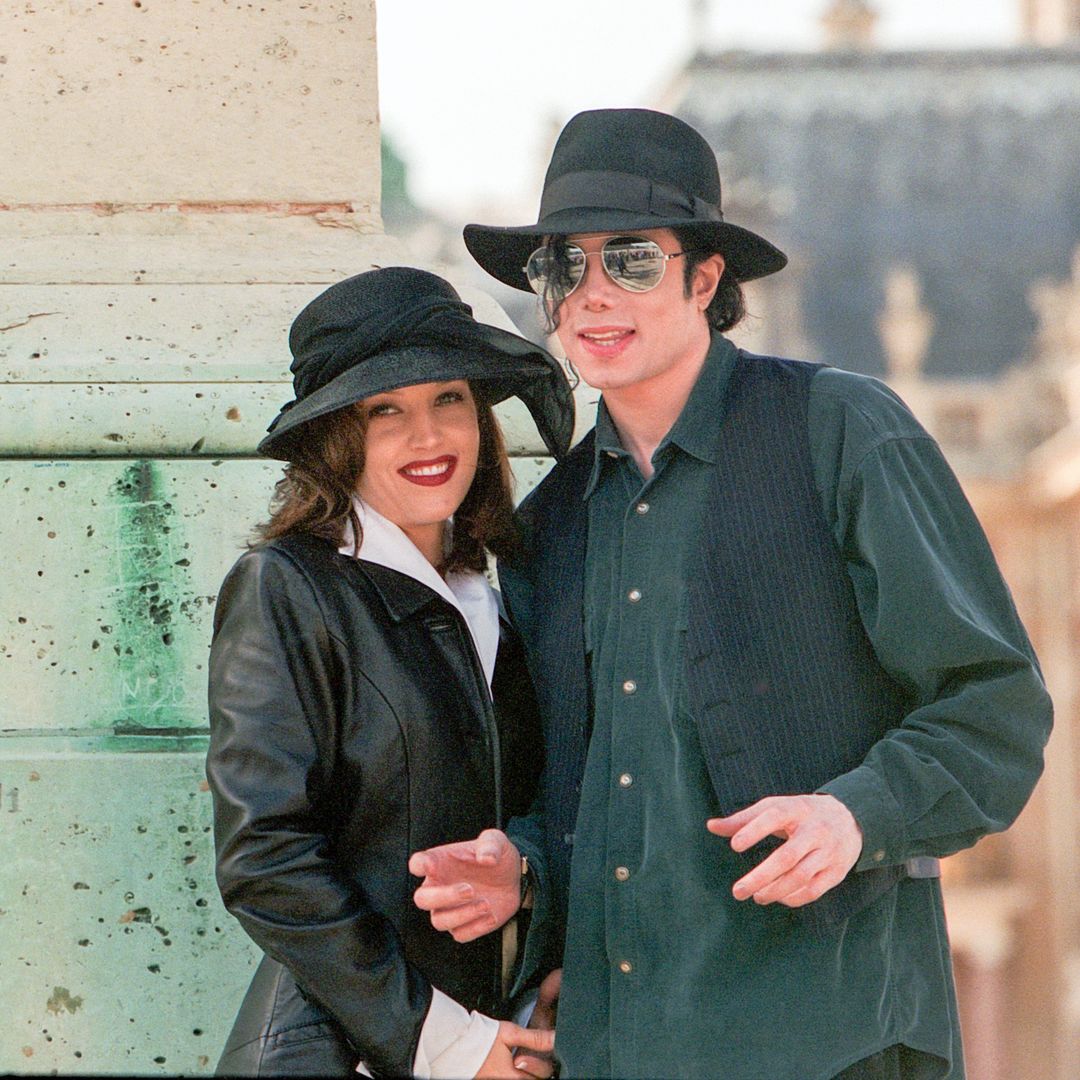The lawyer representing Michael Jackson's physician Dr Conrad Murray has spoken out to clarify information contained in a search warrant covering the singer's final hours.
"Much of what was in the search warrant affidavit is factual. However, unfortunately, much is police theory," said attorney Ed Chernoff. "The timeline reported by law enforcement was not obtained through interviews with Dr Murray, as was implied by the affidavit." He addressed claims that the medic told local police he had returned from making phone calls to find Michael had stopped breathing and tried to resuscitate him. "Dr Murray never said that he left Michael Jackson's room to make phone calls at all.” Police are investigating three calls - lasting a total of 47 minutes - made by the doctor on his mobile at the time he was trying to revive Michael. They learnt of them after obtaining his phone records.
According to information from the LA coroner's office, which was made public in Texas, where Dr Murray has offices, Michael had lethal levels of the powerful anaesthetic propofol in his body when he died. The findings came to light this week as unconfirmed police reports suggesting investigators had concluded the star's death was a homicide.
Under Californian law, this means the artist was killed either accidentally or on purpose. On this aspect of the case, Mr Chernoff said: "We will not comment on the anonymous law enforcement source that claims that Michael Jackson's death will be ruled a homicide. Most of the reports by anonymous sources have been proven wrong. We will be happy to address the Coroner's report when it is officially released."
The search warrant states Dr Murray told police he had been treating Michael for insomnia for around six weeks and had administered several drugs, including propofol. He said he had been concerned the star was becoming addicted to the drug and had been trying to wean him off, using other medication. On the morning of Michael's June 25 death, Dr Murray said he gave the singer several drugs, starting with valium at 1.30 am, an injection of lorazepam half an hour later and, when the singer was still awake at 3 am, some midazolam.
After giving him these drugs, Dr Murray told officers he finally gave in to his patient's repeated requests for propofol and administered 25 milligrams via an intravenous drip. Shortly after midday one of the star's staff called for an ambulance. Michael was taken to hospital, where he was later declared dead.







